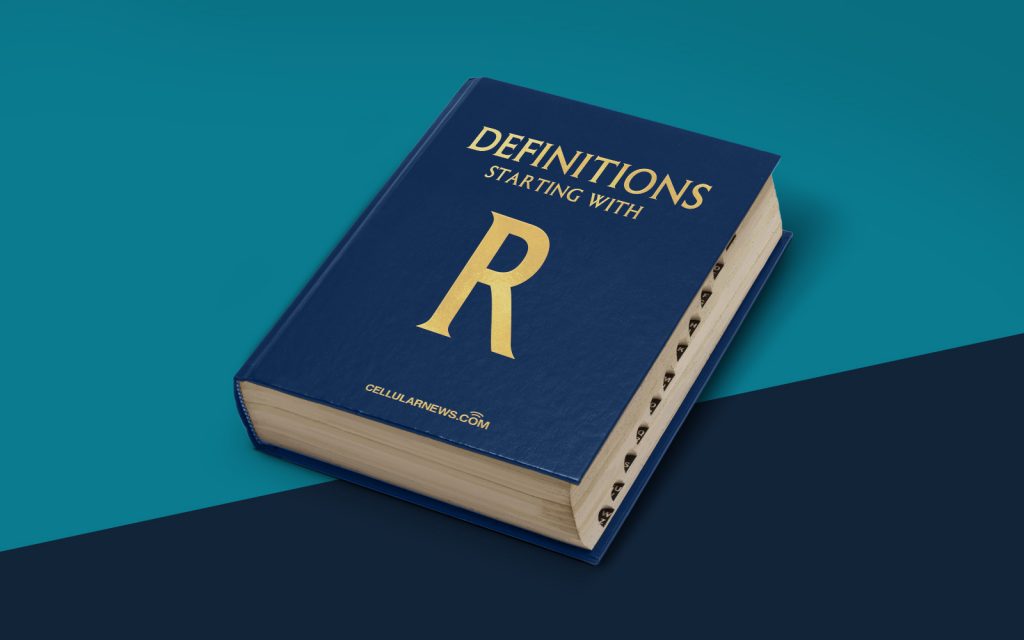
What is Really Simple Syndication (RSS)?
Welcome to our “DEFINITIONS” category, where we break down complex tech terms into simple, easy-to-understand explanations. In this post, we’ll be discussing Really Simple Syndication (RSS) and how it works. So, if you’ve ever been curious about the RSS feed you see on websites or wondered what all the fuss is about, you’ve come to the right place! Let’s dive in.
Key Takeaways:
- RSS stands for Really Simple Syndication and is a standardized format used to distribute and publish frequently updated content from websites.
- It allows users to stay updated with their favorite websites, blogs, and news sources by consolidating new content in one easily accessible place.
In today’s fast-paced digital world, keeping up with the endless flow of information can be overwhelming. RSS offers a convenient solution by allowing users to gather and view content from multiple sources in one central location.
At its core, RSS is a standardized format that enables website owners to distribute their content to a wider audience. Instead of visiting each website individually, users can subscribe to an RSS feed and receive updates whenever new content is published.
But how does it work? Here’s a breakdown:
- Publishing Content: Website owners create an RSS feed that contains the most recent content, whether it’s blog posts, news articles, or podcast episodes. They update the RSS feed every time new content is published.
- Subscribing to the Feed: Users can subscribe to the RSS feed by using an RSS reader, also known as a feed aggregator. These RSS readers can be desktop software, mobile apps, or web-based services.
- Receiving Updates: Whenever new content is published on a subscribed website, the RSS reader detects the update and displays it in the user’s feed. This allows users to see all the latest content from their favorite sources in one place.
The beauty of RSS lies in its simplicity. It saves users time and effort by allowing them to consume content that truly interests them on their terms, without having to constantly visit multiple websites.
So, why should you care about RSS? Here are a couple of key takeaways:
- Efficiency: RSS streamlines the process of consuming content by delivering updates directly to you, so you don’t miss out on any important information.
- Personalization: With an RSS reader, you have complete control over the sources you subscribe to, allowing you to curate your feed based on your interests.
Whether you’re a news junkie, a passionate blogger, or simply someone who wants to stay informed, RSS can be a valuable tool in your digital arsenal.
We hope this post has helped demystify the concept of RSS and its benefits. Stay tuned for more “DEFINITIONS” blog posts where we explain other tech-related terms in an easily digestible format!
